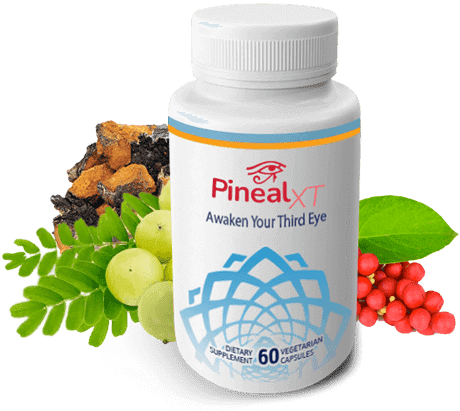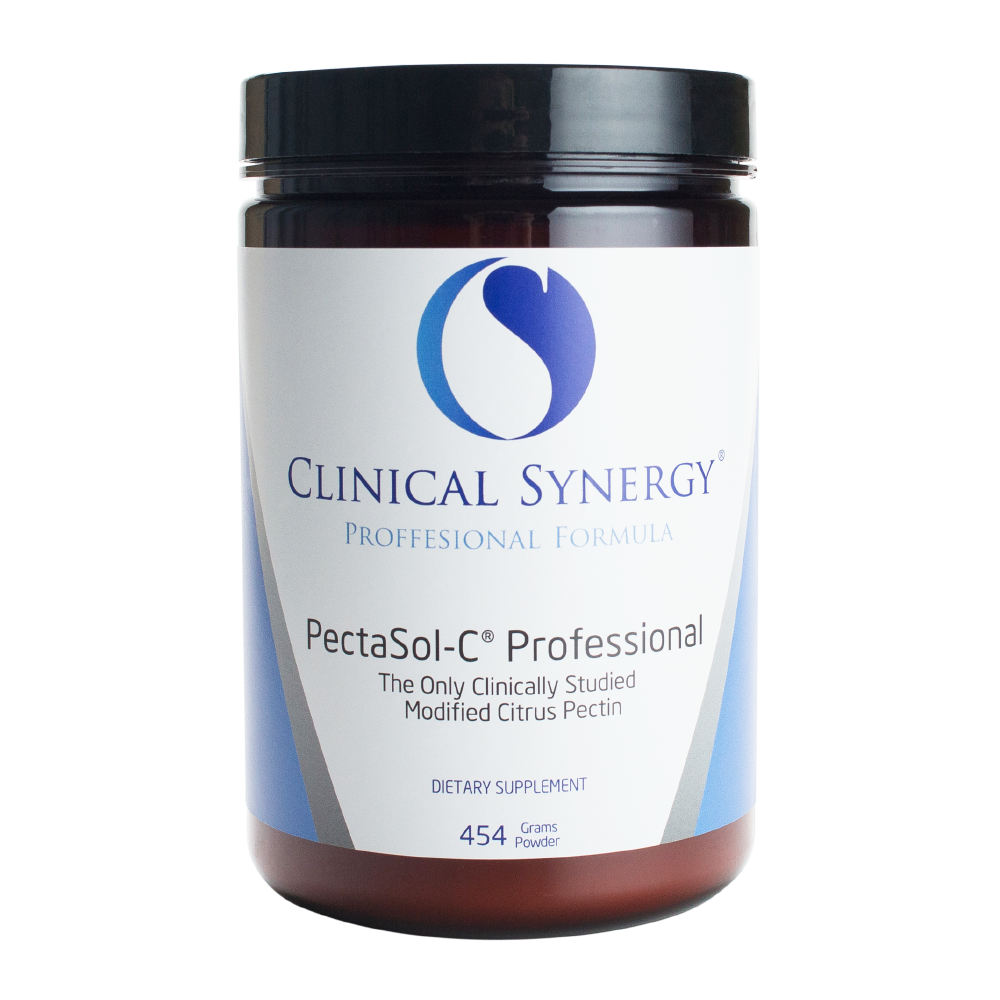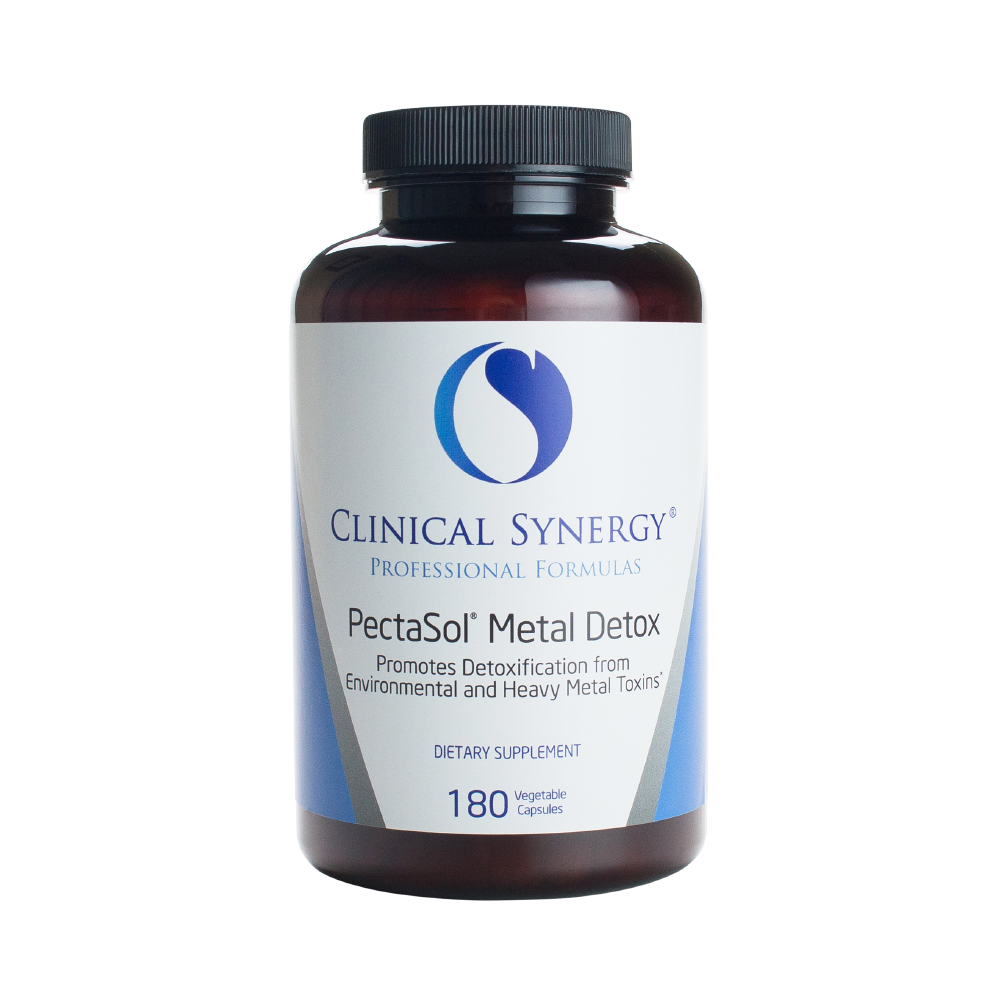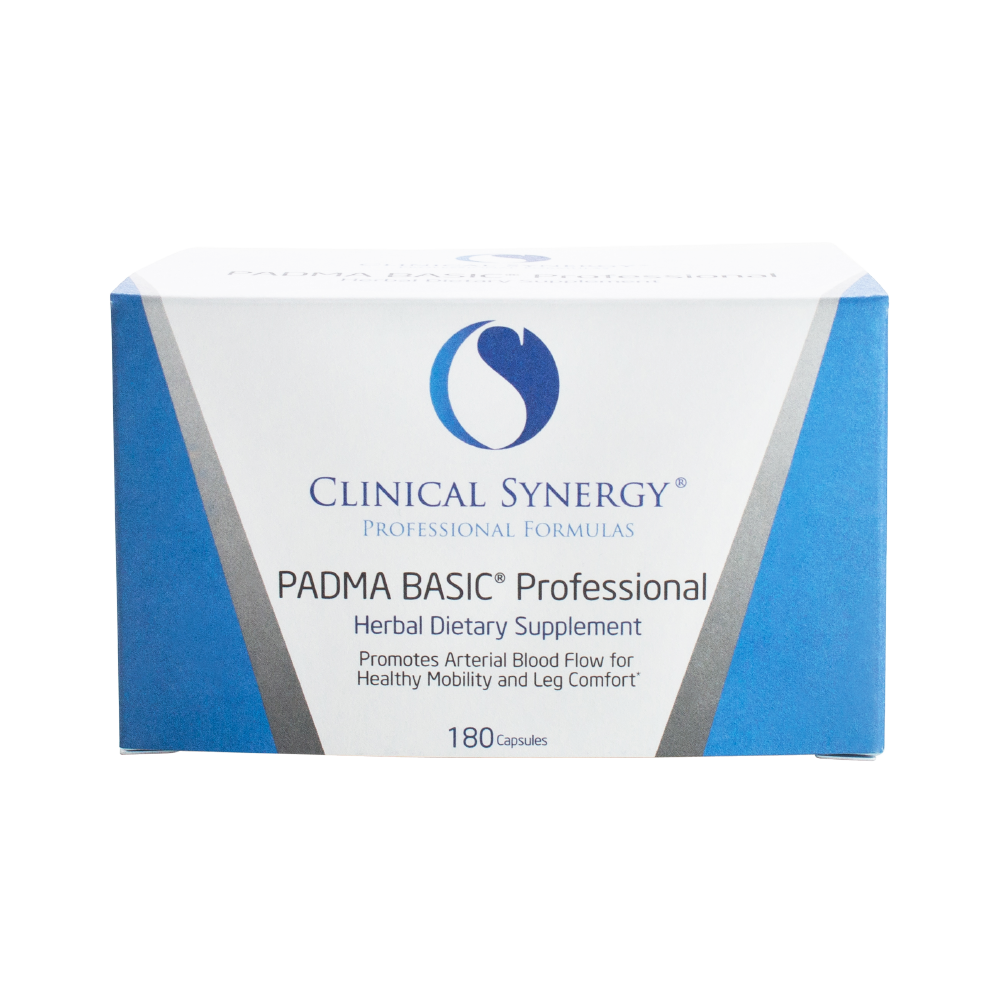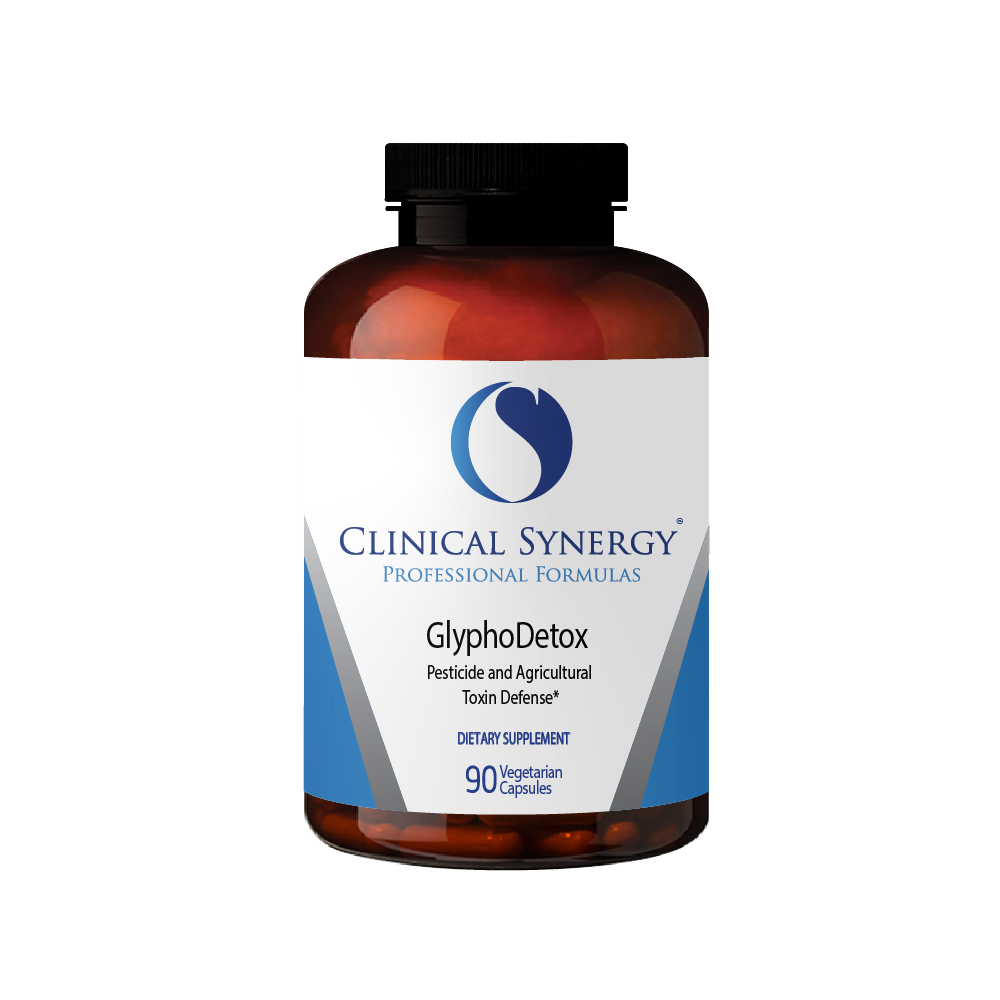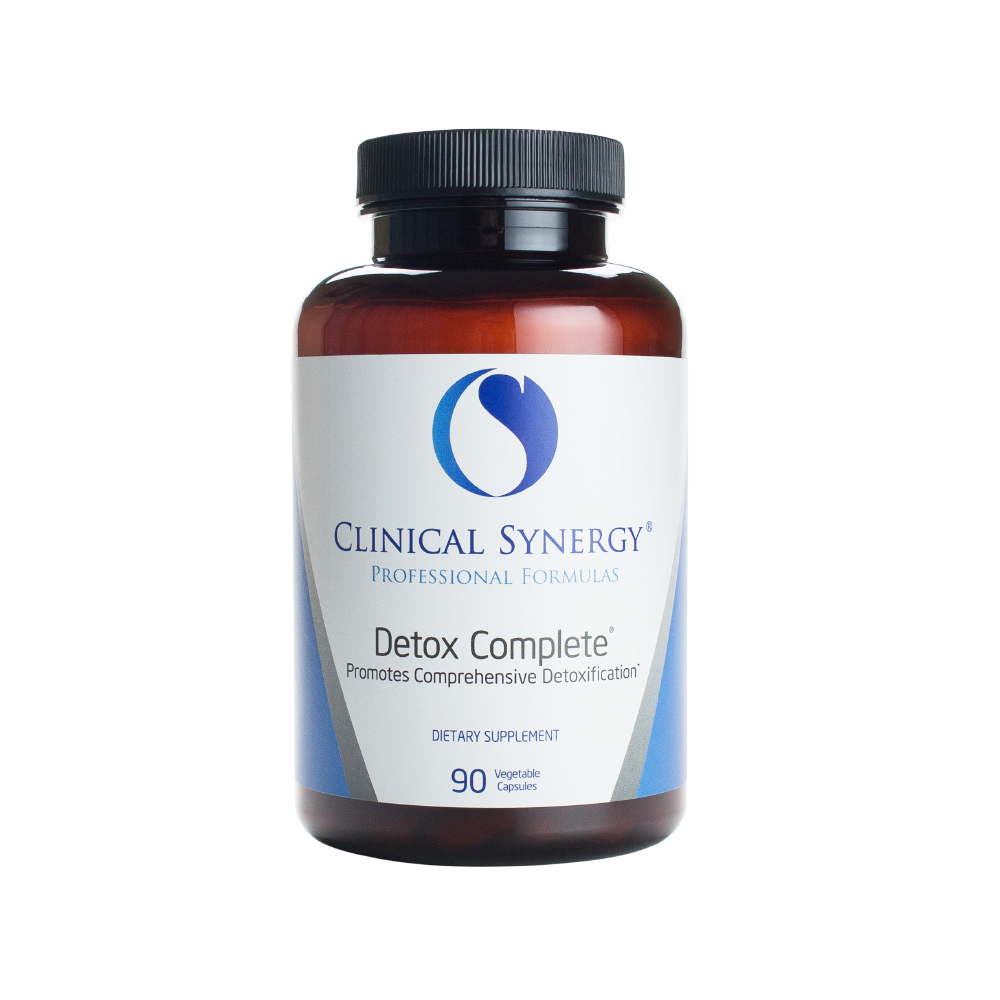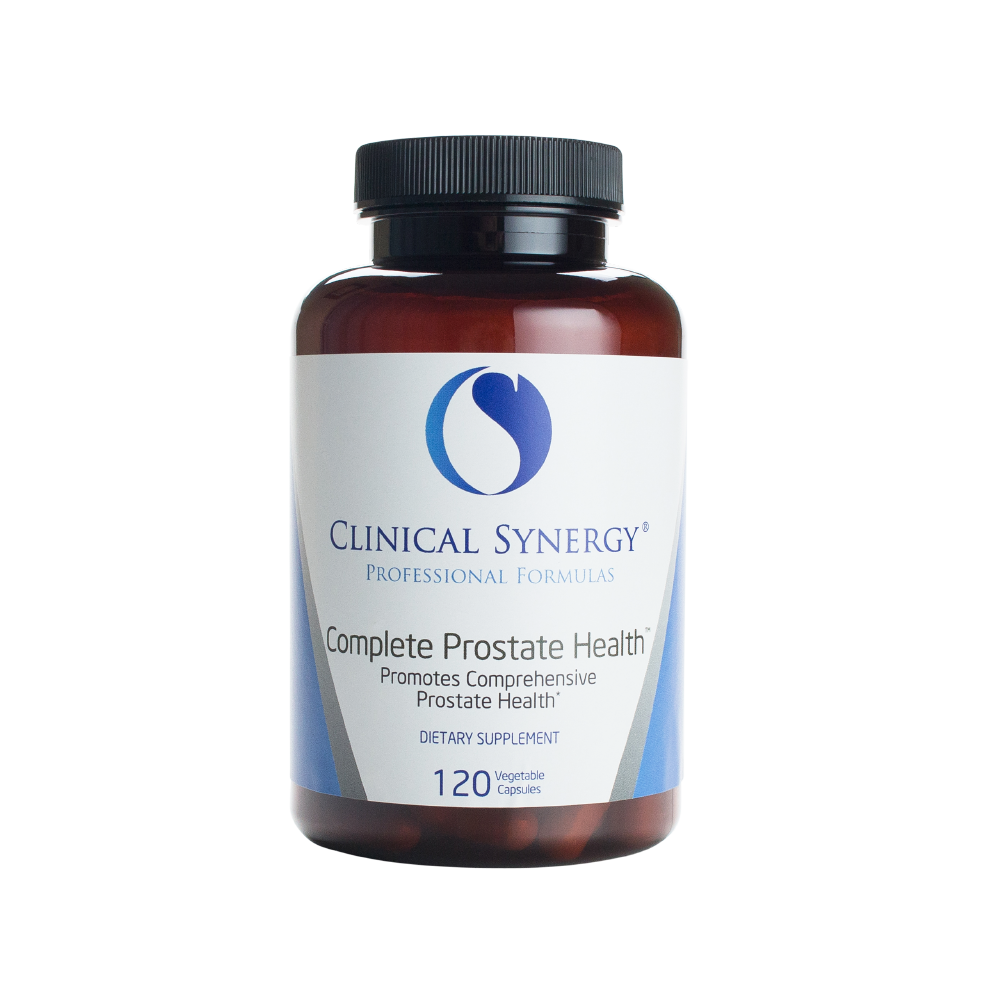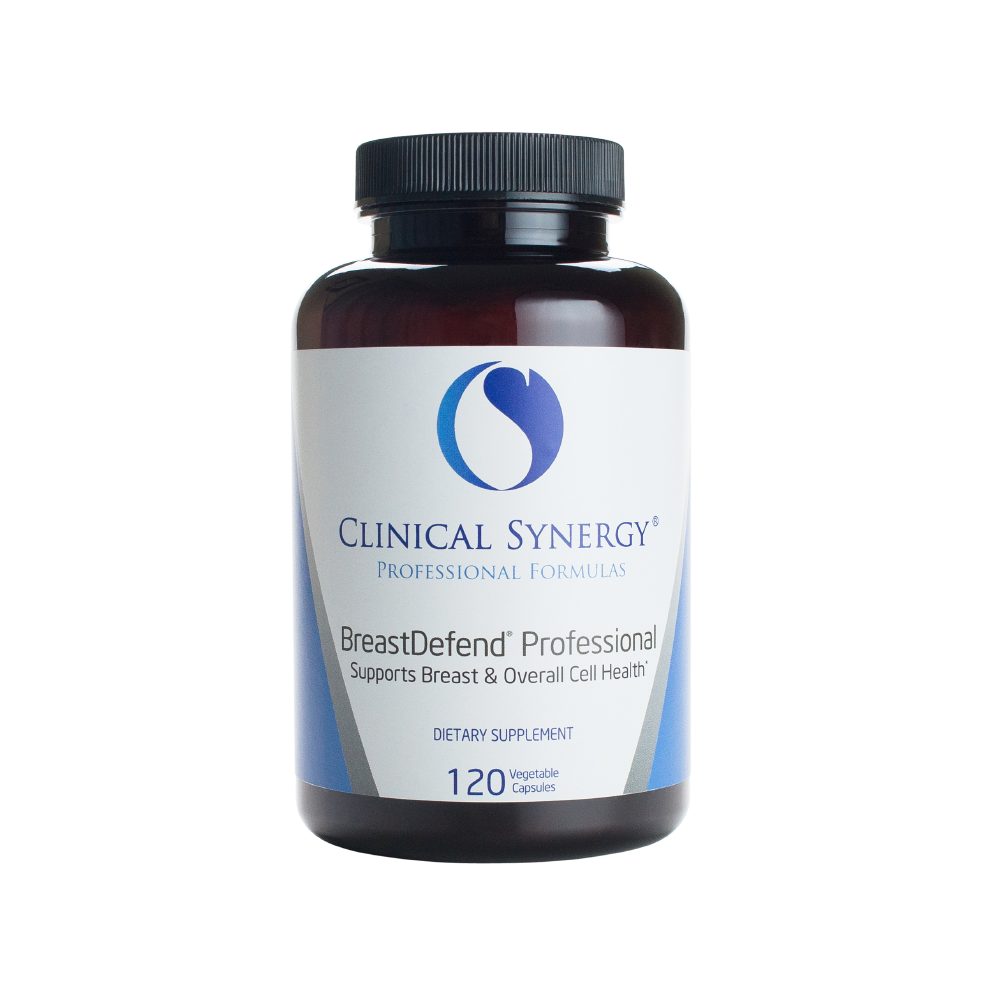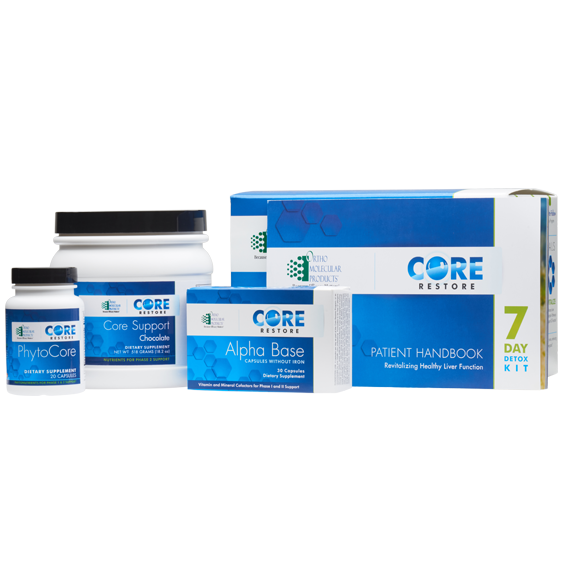Shop > DETOXIFICATION PRODUCTS
DETOXIFICATION PRODUCTS
Environmental Toxins, Chronic Diseases, and the Benefits of Detoxification in the 21st Century: A Comprehensive Overview
Environmental toxins are substances that can negatively impact human health and the environment. These toxins are present in the air we breathe, the water we drink, and the food we eat. Exposure to environmental toxins has been linked to a variety of chronic diseases, including cancer, heart disease, and neurological disorders. In the 21st century, understanding the impact of environmental toxins on human health has become increasingly important.
Chronic diseases linked to environmental toxins are on the rise. The World Health Organization estimates that environmental factors account for approximately 25% of the global burden of disease. Environmental toxins can accumulate in the body over time, leading to chronic inflammation, oxidative stress, and cellular damage. These factors can contribute to the development of chronic diseases over time.
Detoxification is the process of removing toxins from the body. While the body has natural detoxification pathways, modern lifestyles, and environmental exposures can overwhelm these pathways. Detoxification methods can help support the body's natural detoxification processes and remove toxins from the body. In the 21st century, modern detoxification methods have become increasingly popular as a way to support overall health and well-being.
Key Takeaways
- Environmental toxins are present in the air, water, and food we consume and can contribute to chronic diseases.
- Chronic diseases linked to environmental toxins are on the rise and account for a significant portion of the global burden of disease.
- Detoxification methods can help support the body's natural detoxification pathways and remove toxins from the body.
Understanding Environmental Toxins
Environmental toxins are chemicals and substances that are present in the environment and have the potential to cause harm to human health and the ecosystem. These toxins are released into the environment through various human activities such as industrial processes, transportation, and agriculture. Exposure to environmental toxins has been linked to the development of chronic diseases, including cancer, respiratory diseases, and neurological disorders.
Types of Environmental Toxins
Environmental toxins can be classified into several categories based on their origin, chemical composition, and mode of action. Some of the common types of environmental toxins include:
-
Heavy metals: These are naturally occurring elements such as lead, mercury, and cadmium that can accumulate in the environment and cause harm to human health through ingestion or inhalation.
-
Pesticides: These are chemicals used in agriculture to protect crops from pests and diseases. Pesticides can enter the food chain and cause harm to human health through ingestion or exposure.
-
Air pollutants: These are gases and particles released into the air through various human activities such as transportation, industrial processes, and the burning of fossil fuels. Exposure to air pollutants can cause respiratory diseases and other health problems.
-
Endocrine disruptors: These are chemicals that can interfere with the normal functioning of the endocrine system, which regulates hormones in the body. Exposure to endocrine disruptors has been linked to reproductive problems, developmental disorders, and cancer.
Exposure and Impact
Exposure to environmental toxins can occur through various routes such as ingestion, inhalation, and skin contact. The impact of environmental toxins on human health depends on several factors such as the type of toxin, the duration and frequency of exposure, and the individual's susceptibility.
Children, pregnant women, and people with pre-existing health conditions are more vulnerable to the harmful effects of environmental toxins. Chronic exposure to environmental toxins can lead to the development of various chronic diseases, including cancer, respiratory diseases, and neurological disorders.
Detoxification is a process that helps the body eliminate toxins and harmful substances. In the 21st century, detoxification has become an increasingly popular approach to promoting health and preventing chronic diseases. By understanding the types of environmental toxins and their impact on human health, individuals can take steps to reduce their exposure and promote detoxification through healthy lifestyle choices and environmental awareness.
Chronic Diseases Linked to Environmental Toxins
Environmental toxins have been linked to the development of various chronic diseases. Exposure to these toxins can happen through different routes, including inhalation, ingestion, and skin contact. Here are some of the chronic diseases that have been associated with environmental toxins:
Cancer
Exposure to environmental toxins has been shown to increase the risk of developing different types of cancer. For example, exposure to asbestos has been linked to mesothelioma and lung cancer [1]. Similarly, exposure to benzene, a chemical found in gasoline, has been associated with leukemia [2].
Respiratory Diseases
Exposure to environmental toxins has also been linked to the development of respiratory diseases. For example, exposure to air pollution, which contains toxins such as particulate matter and ozone, has been associated with asthma, chronic obstructive pulmonary disease (COPD), and lung cancer [3].
Neurological Disorders
Environmental toxins have also been linked to the development of neurological disorders. For example, exposure to lead has been associated with cognitive impairment and developmental delays in children [4]. Similarly, exposure to mercury has been linked to neurological symptoms such as tremors, memory loss, and mood changes [5].
It is important to note that the development of chronic diseases is often multifactorial, meaning that environmental toxins are just one of the many factors that can contribute to the development of these diseases. However, minimizing exposure to environmental toxins can help reduce the risk of developing chronic diseases.
Detoxification: An Overview
What is Detoxification?
Detoxification is the process of removing harmful toxins and substances from the body. The human body is exposed to a wide range of toxins from the environment, including air pollution, pesticides, heavy metals, and chemicals in food and water. These toxins can accumulate in the body over time and lead to chronic diseases such as cancer, heart disease, and neurological disorders.
Detoxification can be achieved through various means, including diet, exercise, and specialized detox programs. Some of the most effective detox methods include fasting, juicing, and consuming foods and supplements that support the liver and other detox organs.
Importance of Detoxification
Detoxification is essential for maintaining good health in the 21st century. With the rise of industrialization and modern lifestyles, humans are exposed to more toxins than ever before. These toxins can have a cumulative effect on the body, leading to chronic diseases and other health problems.
Detoxification can help prevent and even reverse some of these health problems by removing toxins from the body and supporting the body's natural detoxification processes. Some of the benefits of detoxification include improved digestion, increased energy, clearer skin, and better mental clarity.
Overall, detoxification is an important tool for maintaining good health in the 21st century. By removing harmful toxins from the body and supporting the body's natural detoxification processes, individuals can improve their overall health and reduce their risk of chronic diseases.
Benefits of Detoxification in the 21st Century
Detoxification is the process of removing harmful toxins and chemicals from the body. In the 21st century, detoxification has become increasingly important due to the rise of environmental toxins and their link to chronic diseases. There are several benefits of detoxification in the 21st century, including reduced risk of chronic diseases and improved overall health.
Reduced Risk of Chronic Diseases
Environmental toxins have been linked to several chronic diseases, including cancer, heart disease, and diabetes. Detoxification can help reduce the risk of these diseases by removing harmful toxins and chemicals from the body. Studies have shown that detoxification can improve liver function, which is important for removing toxins from the body. Additionally, detoxification can help reduce inflammation in the body, which is a key factor in the development of chronic diseases.
Improved Overall Health
Detoxification can also improve overall health by boosting the immune system, improving digestion, and increasing energy levels. When toxins build up in the body, they can weaken the immune system, making it harder for the body to fight off infections and diseases. Detoxification can help strengthen the immune system by removing harmful toxins and chemicals from the body. Additionally, detoxification can improve digestion by removing toxins that can cause gastrointestinal problems. Finally, detoxification can increase energy levels by removing toxins that can cause fatigue and other symptoms.
In conclusion, detoxification has several benefits in the 21st century, including reduced risk of chronic diseases and improved overall health. By removing harmful toxins and chemicals from the body, detoxification can help improve liver function, reduce inflammation, boost the immune system, improve digestion, and increase energy levels.
Modern Detoxification Methods
In the 21st century, there are many modern detoxification methods available to help eliminate toxins from the body. These methods can be categorized into two main types: natural detoxification methods and medical detoxification methods.
Natural Detoxification Methods
Natural detoxification methods are those that use natural substances to help eliminate toxins from the body. Some of the most effective natural detoxification methods include:
- Dietary Changes: One of the most effective ways to detoxify the body is by making dietary changes. This involves eliminating processed foods, sugar, and alcohol from the diet while increasing the intake of fruits, vegetables, and whole grains. This can help to reduce inflammation in the body and improve overall health.
- Hydration: Drinking plenty of water is essential for flushing toxins out of the body. Water helps to keep the body hydrated, which in turn helps to flush toxins out of the body through urine and sweat.
- Exercise: Exercise is another effective way to help detoxify the body. Exercise helps to increase circulation, which in turn helps to flush toxins out of the body through sweat.
Medical Detoxification Methods
Medical detoxification methods are those that involve the use of medical treatments to help eliminate toxins from the body. Some of the most effective medical detoxification methods include:
- Chelation Therapy: Chelation therapy is a medical treatment that involves the use of chelating agents to remove heavy metals from the body. Chelating agents are substances that bind to heavy metals and help to eliminate them from the body.
- Intravenous Therapy: Intravenous therapy involves the administration of vitamins, minerals, and other nutrients directly into the bloodstream. This can help to improve overall health and support the body's natural detoxification processes.
- Sauna Therapy: Sauna therapy involves the use of a sauna to help eliminate toxins from the body through sweat. Sauna therapy can help to improve circulation, reduce inflammation, and support the body's natural detoxification processes.
Overall, there are many modern detoxification methods available to help eliminate toxins from the body. Whether you choose natural detoxification methods or medical detoxification methods, it is important to work with a qualified healthcare provider to ensure that you are using safe and effective methods for detoxifying your body.
Conclusion
In conclusion, environmental toxins have been linked to various chronic diseases in the 21st century. The harmful effects of these toxins have been studied and documented extensively, and it is crucial to recognize and avoid exposure to them whenever possible.
Detoxification has been proposed as a potential solution to mitigate the negative effects of environmental toxins. While there is some evidence to support the benefits of detoxification, it is important to note that the effectiveness and safety of detoxification methods vary widely.
Supportive therapy, such as a healthy diet and exercise, is also recommended to reduce the risk of chronic diseases associated with environmental toxins. Additionally, it is important to advocate for policies and regulations that prioritize the health and safety of individuals and the environment.
Overall, further research is needed to fully understand the relationship between environmental toxins, chronic diseases, and the benefits of detoxification. However, it is clear that minimizing exposure to toxins and promoting a healthy lifestyle can help reduce the risk of chronic diseases and promote overall well-being in the 21st century.
Frequently Asked Questions
What are the environmental risk factors for chronic diseases?
Environmental risk factors for chronic diseases include exposure to toxins such as heavy metals, pesticides, and air pollution. Other factors include poor nutrition, lack of physical activity, and stress.
What are the diseases caused by environmental factors?
Environmental factors can contribute to a wide range of chronic diseases, including cancer, cardiovascular disease, respiratory disease, and neurological disorders.
How do environmental factors and toxins cause disease?
Toxins and environmental factors can cause disease by damaging cells and tissues in the body, disrupting normal bodily functions, and triggering inflammation and other immune responses.
What is environmental detoxification and how does it work?
Environmental detoxification involves removing toxins and other harmful substances from the body. This can be achieved through a variety of methods, including dietary changes, exercise, and specialized detoxification programs. Detoxification works by supporting the body's natural detoxification processes, such as liver function and elimination through sweat and urine.
What are three specific actions you can take to prevent chronic disease?
Three specific actions individuals can take to prevent chronic disease include maintaining a healthy diet rich in fruits and vegetables, engaging in regular physical activity, and avoiding exposure to environmental toxins.
What behaviors can help prevent chronic disease?
In addition to maintaining a healthy diet and engaging in regular physical activity, other behaviors that can help prevent chronic disease include getting enough sleep, managing stress levels, and avoiding tobacco and excessive alcohol consumption.
SHOP FOR SELECTED DETOX PRODUCTS BELOW

